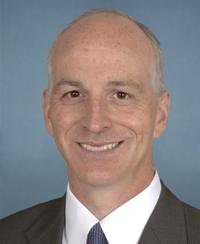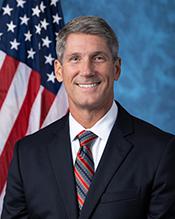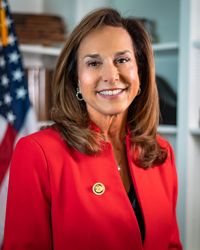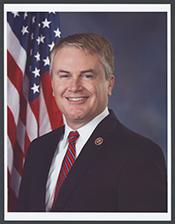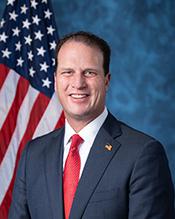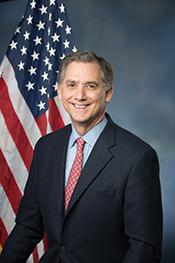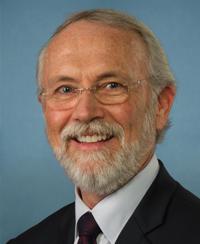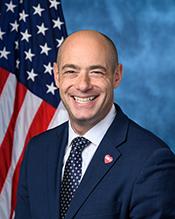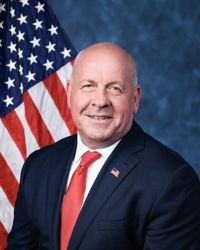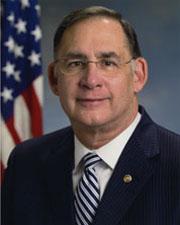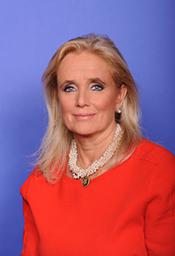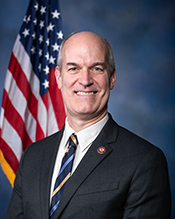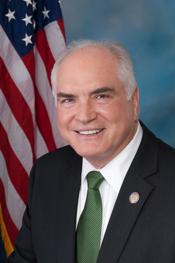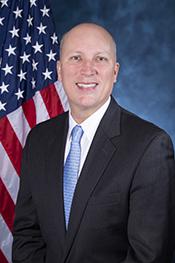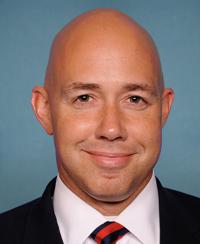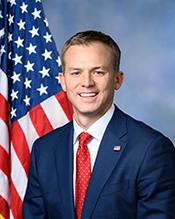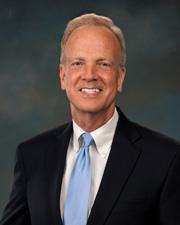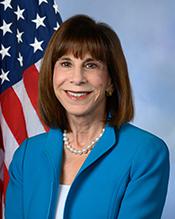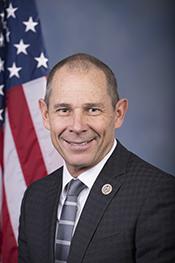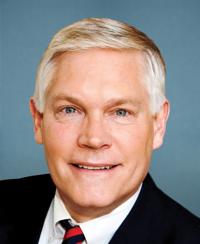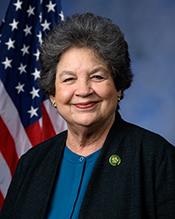H.R. 2230: Independent Programmers Tax Incentive Act
The bill titled the Independent Programmers Tax Incentive Act
proposes changes to the Internal Revenue Code that would provide tax credits to certain video programming distributors that carry independent programming channels. The key components of the bill are summarized as follows:
1. Tax Credits for Distributors
The bill introduces a new tax credit for eligible distributors, which include multichannel video programming distributors (MVPDs) and virtual multichannel video programming distributors (vMVPDs). This tax credit is specifically for the carriage of independent programmers.
2. Calculation of the Credit
The amount of the tax credit that an eligible distributor can claim is determined based on two factors:
- The net license fees that the distributor has paid to independent programmers during the taxable year.
- The number of subscribers to whom the programming is provided, calculated at a rate of $0.10 per subscriber per month, averaged over the taxable year.
However, the total credit for a distributor in any given year cannot exceed $0.30 per subscriber per month multiplied by the average number of subscribers.
3. Definitions
Several important terms are defined within the bill:
- Eligible Distributor: A business engaged in the trade of multichannel or virtual multichannel video programming distribution.
- Qualified Independent Programmer: A U.S.-based entity producing linear video programming that is not a publicly traded company or associated with one.
- Agreement for Qualifying Carriage: A formal arrangement where an eligible distributor commits to carry the programming of an independent programmer to at least 40% of its subscriber base, accompanied by a license fee.
4. Reporting Requirements
The Federal Communications Commission (FCC) is required to submit a biennial report to Congress that will include:
- The number of qualified independent programmers and their average distribution duration to subscribers.
- Recommendations to increase the number of such programmers and their distribution reach.
5. Protection of Taxpayer Information
The bill also stipulates that certain tax return information related to credits claimed under this legislation may be disclosed to the FCC for the purposes of their reporting, while ensuring that individual taxpayer identities remain confidential.
6. Effective Date
The provisions of this bill would apply to expenses that are incurred after the enactment date in taxable years ending thereafter.
Relevant Companies
- CMCSA (Comcast Corporation): As a major cable operator and multichannel video programming distributor, Comcast may be impacted by changes in subscriber offerings and the associated credits.
- T (AT&T Inc.): Operating as a telecommunications giant with video offerings, AT&T could see changes in financials based on new tax incentives for programming agreements.
- DIS (The Walt Disney Company): Disney, as a content provider, may be involved in agreements with independent programmers and could benefit indirectly from changes in distribution tactics by MVPDs.
This is an AI-generated summary of the bill text. There may be mistakes.
Sponsors
20 bill sponsors
-
TrackW. Gregory Steube
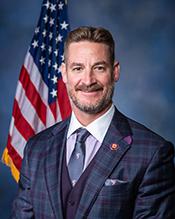
Sponsor
-
TrackGus M. Bilirakis

Co-Sponsor
-
TrackEarl L. "Buddy" Carter
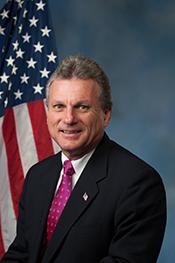
Co-Sponsor
-
TrackKathy Castor
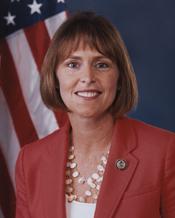
Co-Sponsor
-
TrackYvette D. Clarke
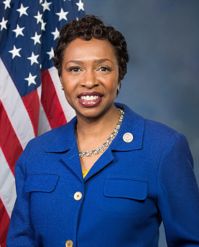
Co-Sponsor
-
TrackSuzan K. DelBene
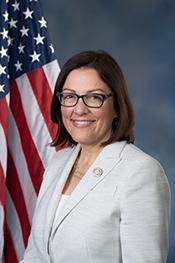
Co-Sponsor
-
TrackAdriano Espaillat
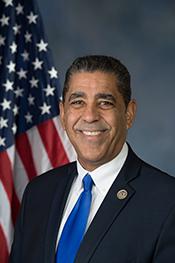
Co-Sponsor
-
TrackBrian K. Fitzpatrick
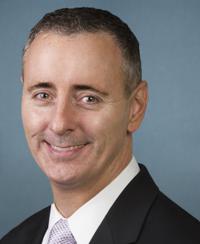
Co-Sponsor
-
TrackCarlos A. Gimenez
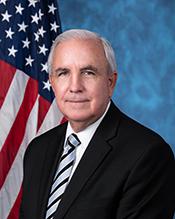
Co-Sponsor
-
TrackDiana Harshbarger
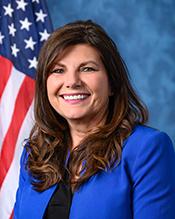
Co-Sponsor
-
TrackRobin L. Kelly

Co-Sponsor
-
TrackNicole Malliotakis
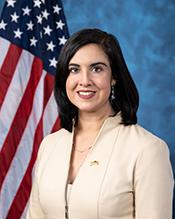
Co-Sponsor
-
TrackCarol D. Miller
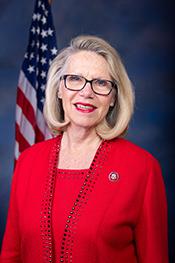
Co-Sponsor
-
TrackJimmy Panetta
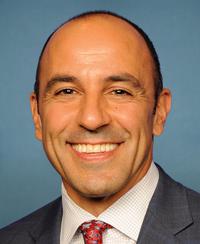
Co-Sponsor
-
TrackMaria Elvira Salazar
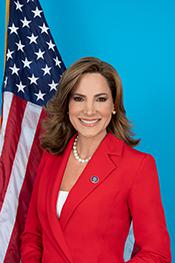
Co-Sponsor
-
TrackDarren Soto
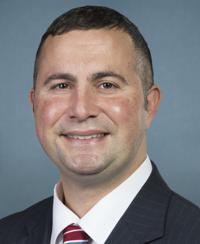
Co-Sponsor
-
TrackShri Thanedar
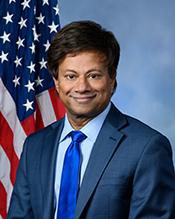
Co-Sponsor
-
TrackDavid G. Valadao
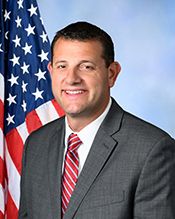
Co-Sponsor
-
TrackBeth Van Duyne
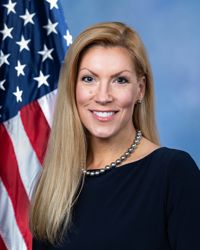
Co-Sponsor
-
TrackMarc A. Veasey
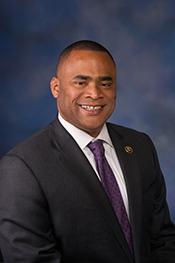
Co-Sponsor
Actions
2 actions
| Date | Action |
|---|---|
| Mar. 18, 2025 | Introduced in House |
| Mar. 18, 2025 | Referred to the Committee on Ways and Means, and in addition to the Committee on Energy and Commerce, for a period to be subsequently determined by the Speaker, in each case for consideration of such provisions as fall within the jurisdiction of the committee concerned. |
Corporate Lobbying
0 companies lobbying
None found.
* Note that there can be significant delays in lobbying disclosures, and our data may be incomplete.
